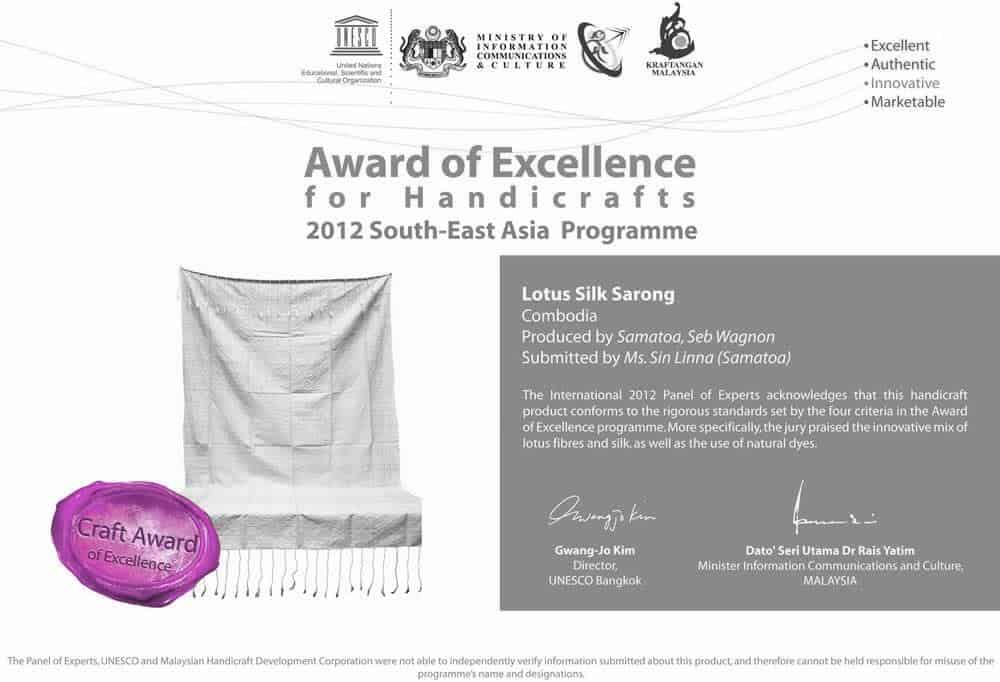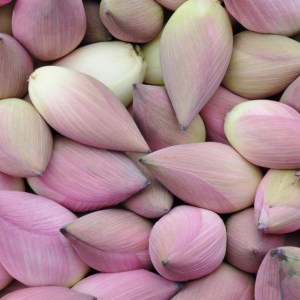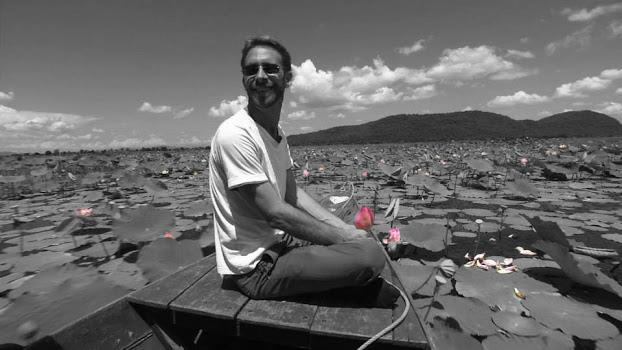Eco Textiles
Lotus, Kapok, Banana, silk and other natural blended fabrics.
In 2003, Samatoa established the foundations of a solid fabric composed of the best experts in bio-textiles and ethical fashion. Samatoa is a social textile enterprise focusing on the values of fair trade and sustainable development. The goal is to create a viable alternative to the textile industry. Creating the greenest and most innovative textile in the world, Samatoa is proud to manufacture your unique textile collections. Samatoa was recognized in 2012 by the UNESCO Prize for excellence for its unique lotus flower fabric.

Althought becoming increasingly popular amongst international designers in ethical fashion and luxury industries, Covid-19 hursts us. It had challenged the full team.
And Samatoa innoves again in 2020 with a unique plastic-free vegan ‘leather” and an antimicrobial textile complex.
Whatever the product created, Samatoa stays responsible for the manufacturing processes from beginning to end. Thus, from yarn to finished product, there is no intermediary or outside provider. This is how we ensure the quality of all our products.
For 10 years, we experimented more than 10 local natural fibers (lotus, pineapple, banana, water lily, romchek, kapok, papyrus, palm, silk, coconut, water hyacinth, and rice leaves).
During our search, we also developed a fantastic team of expert spinners, weavers, seamstresses, and designers. Our innovative fabrics are 100% ecological, hand spun, and woven, following traditional Cambodian methods. This gives them a unique texture and properties. Now a high demand rises worldwide and it is currently unavailable elsewhere on the planet.

It allows the emancipation and long term employment to hundreds of vulnerable Cambodian women. Samatoa uses the best socially responsible manufacturing techniques to create eco fabrics that support women’s empowerment in Cambodia. The impact of expanding our eco-textile company is considerable for a variety of reasons. First, of course, we provide over 150 women with long-lasting employment. Secondly, we ensure that these local handicrafts made in traditional ways but using new ecofibers are never forgotten.
Preserving the environment, paying people fairly, and treating each person with respect and dignity are our prerequisites for a sustainable fashion business. All of our workers are paid a living wage, have trade union rights, paid leave, and health insurance, not to mention a safe working environment.
Extraction, spinning, and weaving of the lotus flower fabric, consumes no polluting resources. The production process doesn’t need oil, electricity, or gas and does not require any toxic chemicals. There is zero environmental impact in our process.
The lotus flower and its sustainable prodution benefits both nature and humans.
Samatoa belief that the most sustainable economic development is intrinsically linked to best social, environmental, and economic practices.
Look at our Wholesale Eco Fabrics Catalogue online
Awen Delaval, a Frenchman at the heart of a fair-trade promotion association, was toughened by the poverty in Cambodia. He had the idea of developing natural textiles and bringing it back to life in Cambodia. Seduced by the teaching of the Lotus Sutra he created an itinerary in the same humanist vein.
In 2009, he was introduced to the art of robes made from lotus fibers worn by Burmese monks during an annual celebration. As a designer of ecofriendly textile, he pursued this craft. He was setting up a laboratory at his Siem Reap home in search of the perfect lotus to create the unique lotus flower fabric. Setting his eyes on a spectacular 15-hectare lotus lake at Kamping Poy, Awen knew he had found his nirvana.
Based in the city of Angkor, he is surrounded by historic spirituality. The lotus appears as the cornerstone of his project, offering symbolism, nobility of soul, beauty, and purity.
What new symbol can we find, with its millions of fibers, living in lakes and rivers? Once worn by Buddhist monks, it’s now seducing high fashion’s biggest names.

Since its establishment fifteen years ago, Samatoa’s founder has remained steadfast in his constant pursuit of customer satisfaction. Together, we focus on quality using environmentally sustainable methods and respecting the needs of our workers and customers.
0
0
0